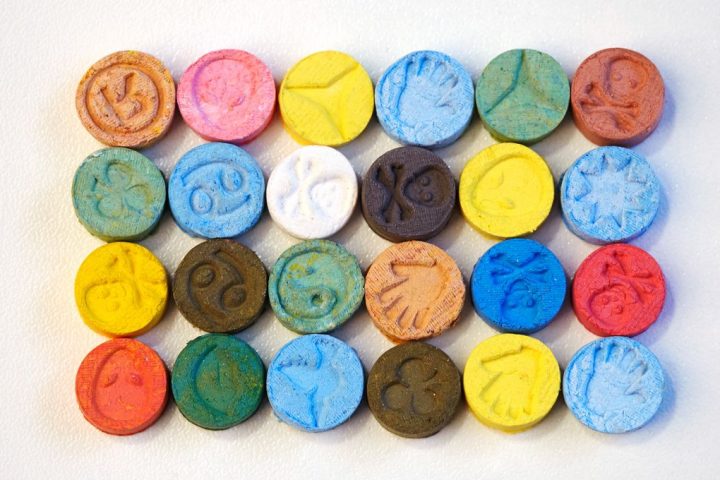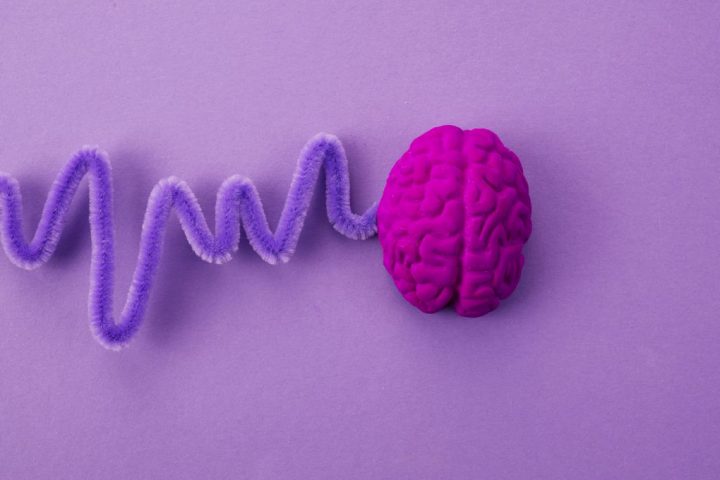Get ready to dive into the fascinating world of the placebo effect! It’s a phenomenon where patients seem to get better even when given a fake treatment like a sugar pill instead of the real deal.
The conversation was sparked by X (formerly Twitter) user zeta_goblin, who asked their followers about a strange aspect of the placebo effect: it still works even when patients know they’re receiving a placebo, as explained in studies.
Even small studies have shown the power of the placebo effect. In one study, participants were given a thorough explanation of the placebo effect for 15 minutes before receiving it. Surprisingly, this group was able to endure a painful test involving heating plates on their forearms for longer than those who received the placebo cream without any explanation. There have even been cases where patients with Parkinson’s disease showed improvements in motor scores after receiving placebos.
Clinicians are well aware of the placebo effect and sometimes prescribe placebos to their patients. According to a BMJ survey, around 3 percent of physicians have prescribed placebos to their patients in the past year.
In the world of medicine, the use of placebos has been quite common. In fact, a study found that in the US, saline and sugar pills were used as placebos by a significant number of doctors. Additionally, over the counter analgesics and vitamins were also used as placebos in a considerable percentage of cases.
Now, you might be thinking that the placebo effect is a great tool that doctors can utilize. However, it’s not that simple. Some argue that using placebos is deceptive to patients, as it gives them a false sense of treatment. Moreover, there are those who believe that the placebo effect is merely a result of the natural course of a disease, which can fluctuate, or a phenomenon known as “regression to the mean,” where extreme measurements tend to move closer to the average when repeated.
But don’t just take my word for it. Check out this interesting article on the topic: [link to article on deceptive use of placebos].
In 2001, a team of researchers conducted a systematic review of 114 clinical trials to assess the effectiveness of placebos. They compared patients assigned to placebo groups with those in no-treatment groups, while also considering a separate treatment group. The focus was to understand how placebo-taking patients differed from those experiencing the normal course of the condition.
A follow-up study in 2004 analyzed 52 new trials and came to similar conclusions. While there was little evidence of a significant placebo effect, some small effects were observed in continuous outcomes like discomfort and pain. However, even these effects were difficult to distinguish from bias, according to the study’s authors.
In summary, placebos may have a limited impact on patients’ self-reported pain and subjective measures. However, there is a lack of compelling evidence for their positive effects on diseases or a clear physiological mechanism that explains how they work.
So, while the use of placebos may have its merits, it’s important to approach them with caution and consider the ethical implications involved.








